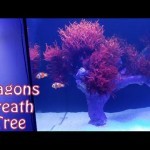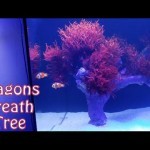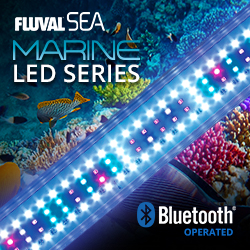Sharks keep our largest and most important ecosystem healthy…our oceans. Being at the top of the food chain in the marine environment, they regulate the populations of other marine life, helping to keep fish stocks in the ocean healthy. As our oceans cover over 70% of the earth’s surface and houses 80% of life on earth, maintaining this ecosystem is crucial to life on earth.
By monitoring and understanding local shark species and what they need in order to thrive, we can contribute meaningfully to protecting our natural heritage. How, as members of the public with no scientific background at all, can we help? All you need is a willingness to help and you can be a citizen scientist!
Also known as crowd-sourced science, citizen science (CS) is scientific research conducted by amateur or non-professional scientists…Joe Blogs the lawyer, or Betty Boop the PA, for example. Anyone can get involved in CS projects!
One such project is a shark egg case project run by Sheraine van Wyk on the Whale Coast in South Africa. Regular shark egg case collections by volunteer groups (Nature Conservation Societies, school groups, community members and “Working for the Coast” staff ) along the Whale Coast shoreline, provides information on the egg cases found at different beaches. This gives an indication of the shark species that occur off shore at those locations.
Approximately 25% of all sharks reproduce by means of an external egg. These are the sharks that the Whale Coast Conservation project focuses on.
The eggs have different shapes, sizes and colours, but what makes shark eggs unusual-looking is that many have tendrils or hooks with which they attach to sea plants, rocks or other objects under water.  Inside the egg the embryonic shark feeds off a yolk sac for up to nine months while it develops. When ready, the mini shark hatches from the egg leaving the empty egg case behind.
Inside the egg the embryonic shark feeds off a yolk sac for up to nine months while it develops. When ready, the mini shark hatches from the egg leaving the empty egg case behind.
The empty egg cases usually wash out of the sea and end up on the beach. If these ‘mermaids’ purses’ are found at a particular beach it indicates that the adult sharks or ‘parents’ are in the water nearby. In collaboration with the South African Shark Conservancy and the Two Oceans aquarium, egg cases have been identified and continuous data is noted for researchers to take further.
Scientists working on some of these oviparous sharks have already observed that eggs are shed continuously throughout the year, with one exception. At this stage of the project, there is an indication that St Joseph shark reproduction may vary with season. Further research will shed a light on this.
Egg case collection will continue for a few years in order to get an idea of possible annual cycles, so if you’re interested and in the area, contact Sheraine at Whale Coast Conservation ([email protected]) and lend a hand… They also hope to enlist the help of divers to mark St Joseph egg cases underwater for population research.
For some other marine related projects around the world, go to:
http://scistarter.com/finder











0 Comments